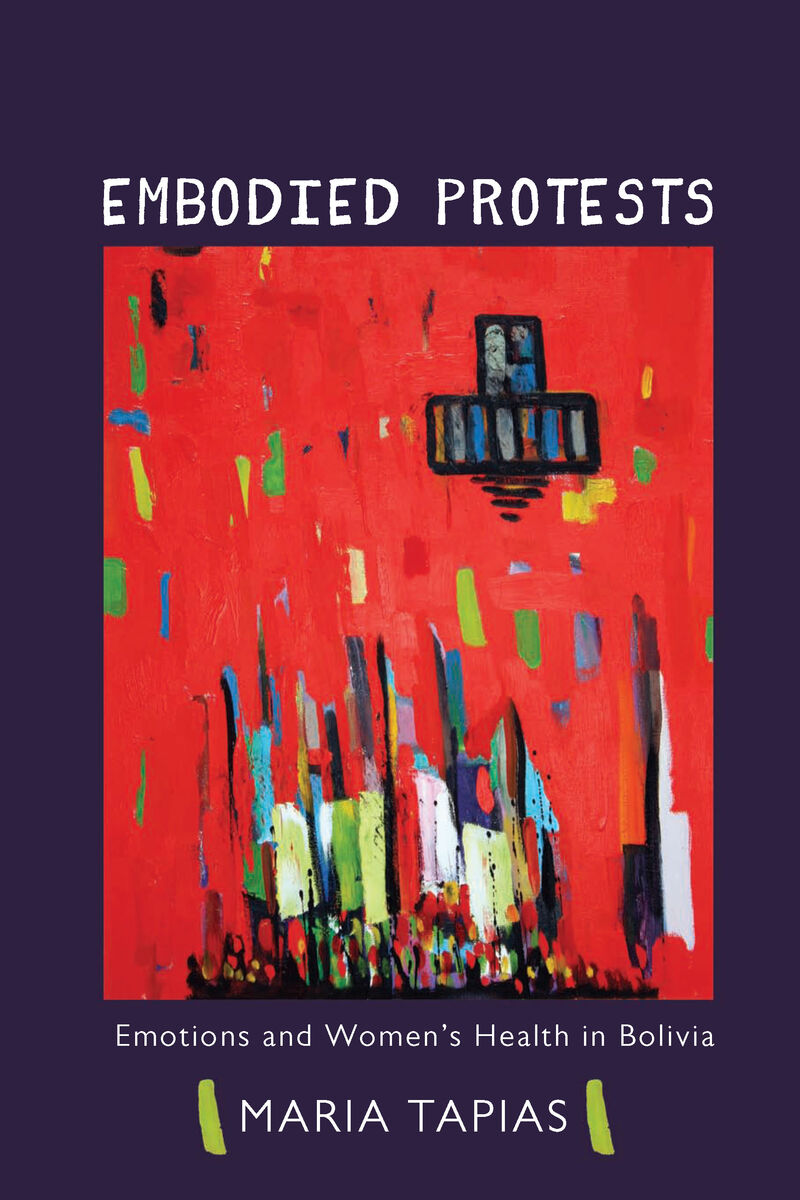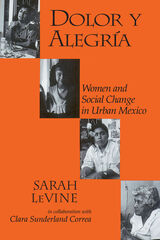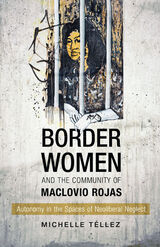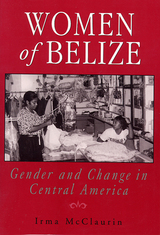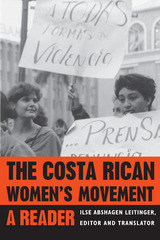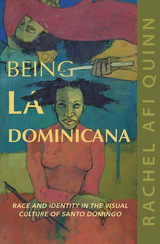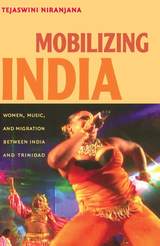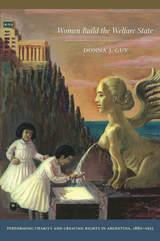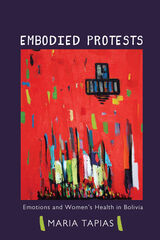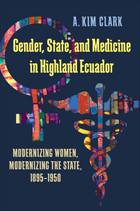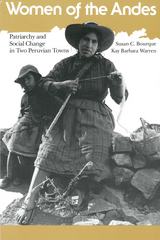Embodied Protests: Emotions and Women's Health in Bolivia
University of Illinois Press, 2015
Cloth: 978-0-252-03917-1 | Paper: 978-0-252-08074-6 | eISBN: 978-0-252-09715-7
Library of Congress Classification HQ1537.T36 2015
Dewey Decimal Classification 305.40984
Cloth: 978-0-252-03917-1 | Paper: 978-0-252-08074-6 | eISBN: 978-0-252-09715-7
Library of Congress Classification HQ1537.T36 2015
Dewey Decimal Classification 305.40984
ABOUT THIS BOOK | AUTHOR BIOGRAPHY | REVIEWS | TOC
ABOUT THIS BOOK
Embodied Protests examines how Bolivia's hesitant courtship with globalization manifested in the visceral and emotional diseases that afflicted many Bolivian women. Drawing on case studies conducted among market- and working-class women in the provincial town of Punata, Maria Tapias examines how headaches and debilidad, so-called normal bouts of infant diarrhea, and the malaise oppressing whole communities were symptomatic of profound social suffering. She approaches the narratives of distress caused by poverty, domestic violence, and the failure of social networks as constituting the knowledge that shaped their understandings of well-being. At the crux of Tapias's definitive analysis is the idea that individual health perceptions, actions, and practices cannot be separated from local cultural narratives or from global and economic forces.
Evocative and compassionate, Embodied Protests gives voice to the human costs of the ongoing neoliberal experiment.
See other books on: Bolivia | Emotions | South America | Women's Health | Women's Studies
See other titles from University of Illinois Press
